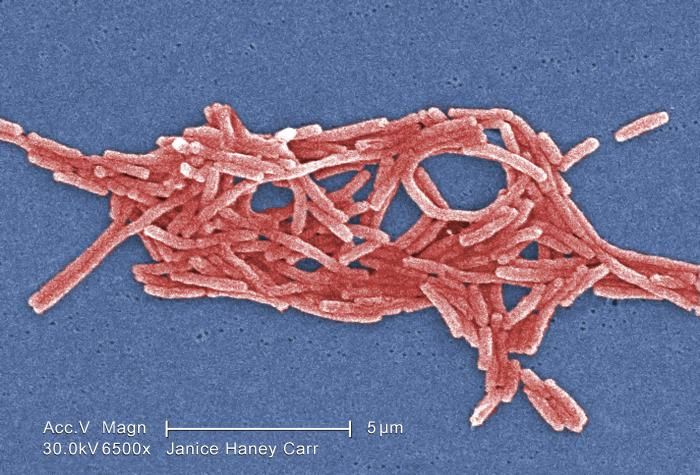Understanding Legionnaires’ Disease: Lincoln Nh Legionnaires Disease

Legionnaires’ disease is a serious form of pneumonia caused by bacteria called Legionella. It is a potentially fatal illness that can affect people of all ages, but is particularly dangerous for those with weakened immune systems or underlying health conditions.
Causes and Symptoms of Legionnaires’ Disease
Legionnaires’ disease is caused by bacteria called Legionella pneumophila. These bacteria are commonly found in warm water environments, such as:
- Cooling towers
- Hot tubs and spas
- Water systems in large buildings
- Water fountains
- Showers and faucets
Legionella bacteria can be inhaled into the lungs through contaminated water droplets. Once in the lungs, the bacteria can multiply and cause pneumonia.
The symptoms of Legionnaires’ disease typically appear 2 to 10 days after exposure to the bacteria. Symptoms may include:
- Fever
- Cough
- Shortness of breath
- Muscle aches
- Headache
- Diarrhea
- Confusion
The Bacteria that Causes Legionnaires’ Disease
Legionella pneumophila is a gram-negative bacterium that thrives in warm water environments. It is a facultative intracellular pathogen, meaning it can survive and multiply both inside and outside of human cells. The bacterium is typically found in water sources that are not properly maintained or disinfected.
Incubation Period and Transmission Methods, Lincoln nh legionnaires disease
The incubation period for Legionnaires’ disease is typically 2 to 10 days, but can range from 2 to 14 days. This means that the symptoms of the disease may not appear until several days after exposure to the bacteria.
Legionnaires’ disease is transmitted through the inhalation of contaminated water droplets. These droplets can be aerosolized from sources such as cooling towers, hot tubs, showers, and faucets. The bacteria cannot be transmitted from person to person.
Legionnaires’ Disease in Lincoln, New Hampshire

Lincoln, New Hampshire, is a charming town nestled in the White Mountains, known for its natural beauty and outdoor recreation opportunities. While the town offers a serene environment, it’s essential to be aware of potential health risks, including Legionnaires’ disease. This respiratory illness caused by Legionella bacteria can be contracted through contaminated water sources.
Reported Cases of Legionnaires’ Disease
The New Hampshire Department of Health and Human Services (DHHS) maintains records of reported cases of Legionnaires’ disease across the state. To date, there have been no publicly reported cases of Legionnaires’ disease specifically linked to Lincoln, NH. However, it’s crucial to note that this does not necessarily mean the town is free from the bacteria.
Potential Sources of Legionella Bacteria in Lincoln, NH
Legionella bacteria can thrive in various environments, including:
- Water Systems: Legionella bacteria can grow in stagnant or poorly maintained water systems, such as those found in hotels, motels, hospitals, and even private residences. This includes hot tubs, showers, and cooling towers.
- Cooling Towers: Cooling towers are often found in industrial facilities and large buildings, and they can harbor Legionella bacteria if not properly maintained.
- Natural Environments: While less common, Legionella bacteria can also be found in natural environments like lakes and rivers, especially in areas with warm water temperatures.
Data on Legionnaires’ Disease Outbreaks in Lincoln, NH
There have been no reported outbreaks of Legionnaires’ disease in Lincoln, NH. The lack of reported outbreaks does not necessarily mean the town is completely free from Legionella bacteria. It could also indicate that cases may have gone unreported or that the town has been fortunate in avoiding outbreaks.
